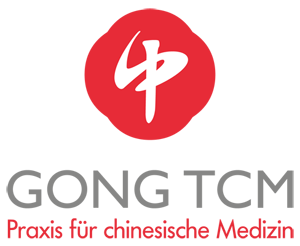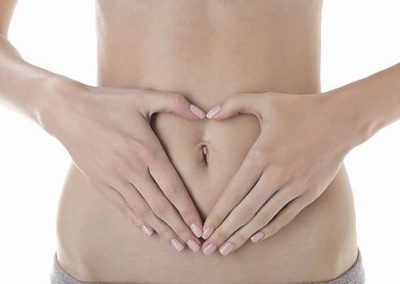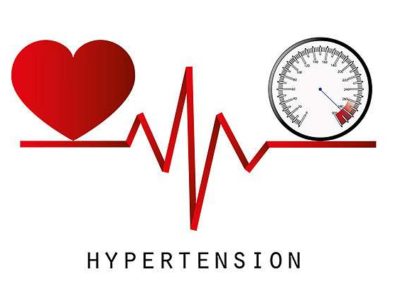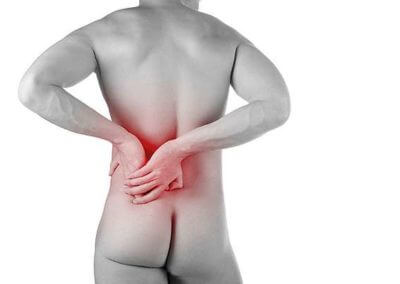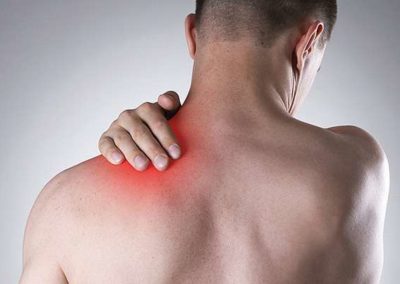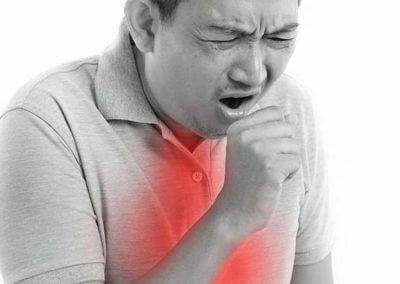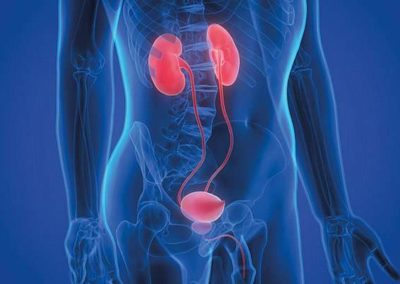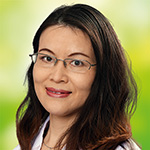Indications
Gastrointestinal and digestive complaints
Stomach pain, heartburn, acid, nausea, abdominal pain, bloating, constipation, diarrhea, stomach ulcers
Stomach Pain
Stomach pain occurs due to various reasons. One must distinguish the nature of the pain and whether it occurs before or after a meal. TCM theory regards these points as essential in making an accurate diagnosis. The symptoms can either be of a full or empty nature. Qi stagnation of the affected organs such as liver, gallbladder, spleen and stomach can be a further development. Typical causes of pain include cold and weakness of the stomach. According to Chinese philosophy, the abdominal region represents the vitality centre of the body. It is thus of great importance that the digestive organs function properly. The most common problems in this context are caused by chronic stress and improper eating habits.
Heartburn
The descending function of the stomach is necessary to transport the ingested food down towards the small intestine. The result of a dysfunction of this physiological activity of the stomach is that Qi is not discharged downwards, and thus heartburn occurs. This is classified as a type of Qi stagnation, the symptoms of which worsen after eating.
Stomach Acid
There are many factors contributing to the overproduction of stomach acid. Treating the symptoms of stomach acid brings only short-term relief. For long-lasting relief however, the source of the problem needs to be resolved. Factors that stimulate the hyperacidity of the stomach include stress, nicotine, alcohol, coffee and an unhealthy diet. Food does not only have nutritional value, but also has medicinal value. It is thus particularly important to keep a good diet. Chinese medicine says:
“Medication can help us to heal, but cannot replace the value of proper nutrition”.
Nausea
Traditional Chinese Medicine interprets nausea as a rebelling of stomach Qi, which refuses to flow downwards. The most common reason for this is disharmony between the liver and the stomach. In such a case, the liver (the wood element) controls the stomach (the earth element) too strongly. Using acupuncture to strengthen the stomach Qi and calm the liver Qi brings quick and effective results.
Abdominal Pain
The causes of abdominal pain are diverse. It is important to clarify how strong the pain is and what quality it has (dull, stabbing, sudden, slowly developing or colic-like). At the same time, one should also clarify whether the pain is connected with other factors (eg. fatty foods, alcohol, etc.). From a Chinese medicine perspective, pain in the abdominal region results from an impairment of the spleen and stomach which leads to a disharmony of Qi and blood. The Pain itself is caused by the actual Qi or blood blockage in the meridians. The treatment principle thus involves harmonizing the imbalance between Qi and blood and strengthening the spleen and the stomach.
Bloating
The most common cause of bloating is anunbalanced dietwitha high proportion ofnon-absorbablecarbohydrates(eg. legumes, onions, cabbage, etc.), as well ascarbonated drinks. Smallmouths full and slowand thoroughchewinghelp alleviate the problem. Furthermore,a change in dietshould be taken intoconsideration.
Flatulence is considered to be an excess symptom pattern stemming from a deficiency pattern. In the background there is often a weakness of the spleen, stomach, large or small intestine. As mentioned above, it is imperative to avoid flatulence inducing foods and also to strengthen the Qi of the digestive tract in order to prevent bloating.
Constipation
Many patients have misconceptions with regards to what a “normal” stool frequency is. In fact, a standard stool frequency should not really exist. Instead of taking note of the frequency of stools per week, a person should rather pay attention to the change in bowel movement activity from previous years. Constipation is defined as the obstruction of the transit of intestinal contents and may have various causes. Most cases of constipation are due to functional disorders (due to psychological or physical reasons, without damage to an organ). Lack of exercise, an unfavorable lifestyle and bad eating habits also contribute to constipation.
Chinese medicine perceives constipation as a dysfunction of the large intestine, resulting in a relative or even absolute interruption of the transfer of the fecal matter. Due to the longer passage time, additional water is absorbed out of the stool, such that it becomes hard, firm and dry. Similar to conventional medicine, TCM attributes the causes of constipation to emotional stress, lack of exercise, insufficient body fluids (inadequate water consumption) and improper diet. These factors lead to an accumulation of heat and dryness, as well as a lack of large intestine Qi, impeding the evacuation of the stool. TCM administers soothing and moisturizing herbs, in combination with acupuncture in order to strengthen the large intestine Qi.
Diarrhea
Diarrhea is caused by the inability of the intestines to reabsorb water and other substances from the stool. There are various factors that can provoke such a re-absorption failure. Common causes include bacterial or viral infections, food poisoning, medications, or psychological factors. In the event of chronic diarrhea, which persists for an extended period of time, a conventional medicine examination is recommended. Prolonged diarrhea by infants can be very dangerous and should be treated as soon as possible.
Similar to conventional medicine, Chinese medicine views diarrhea as a symptom and not as a disease. The underlying illness patterns are very diverse. The most common causes include a deficiency of spleen Qi and / or too much dampness in the body. Consequently, the treatment consists of strengthening the middle (spleen and stomach) and the elimination of dampness.
Stomach Ulcers
An ulcer (Ulcus) is a defect of the skin or mucous membrane. Ulcers form as a result of an imbalance between aggressive (attacking the mucous membranes) and defensive (protecting the mucous membrane) underlying factors. The three most common factors able to damage the mucous membranes include stomach acid, bacteria, and medications.
In Chinese Medicine, gastric ulcers fall under the disease pattern known as ‘Stomach Fire’, which attacks the yin aspect of the body. Yin (substance) in this case refers to the mucous membrane of the stomach, which is attacked by the fire (bacteria, acid, etc.). The treatment principle consists of cooling the stomach fire and nourishing the stomach Yin. Chinese medicine can be combined with conventional medical treatment in order to achieve the fastest possible relief.
